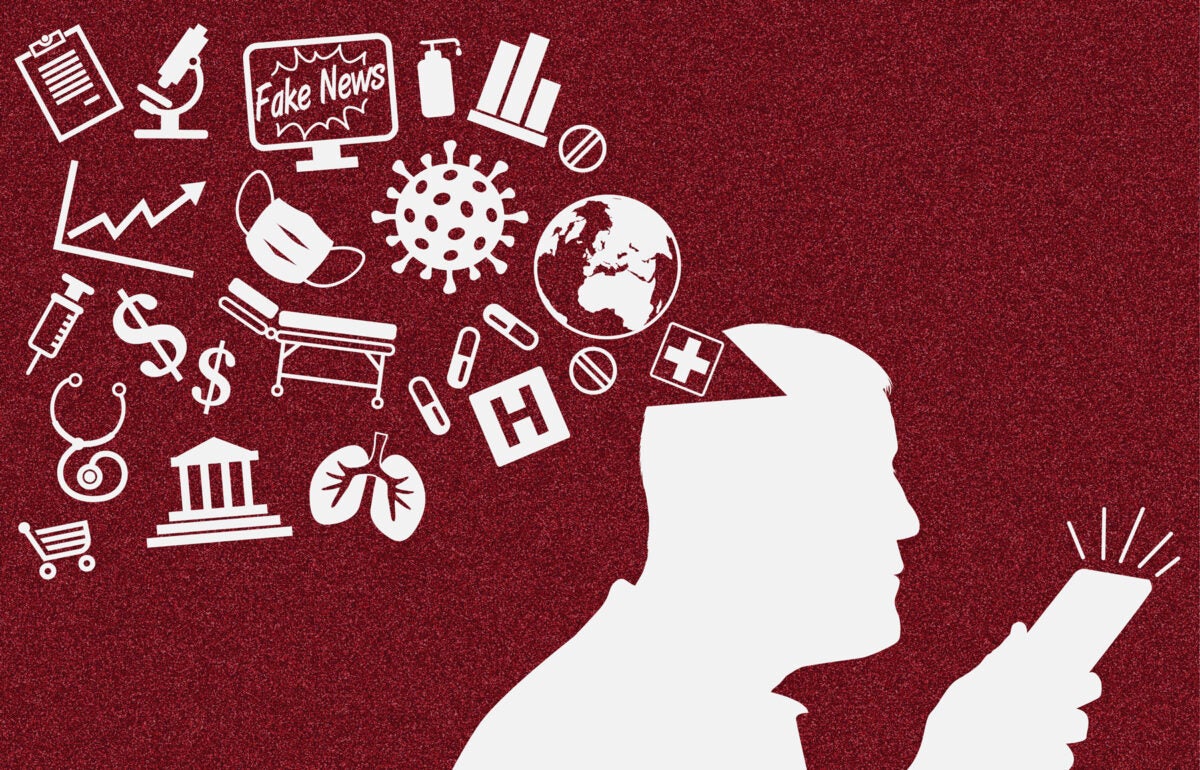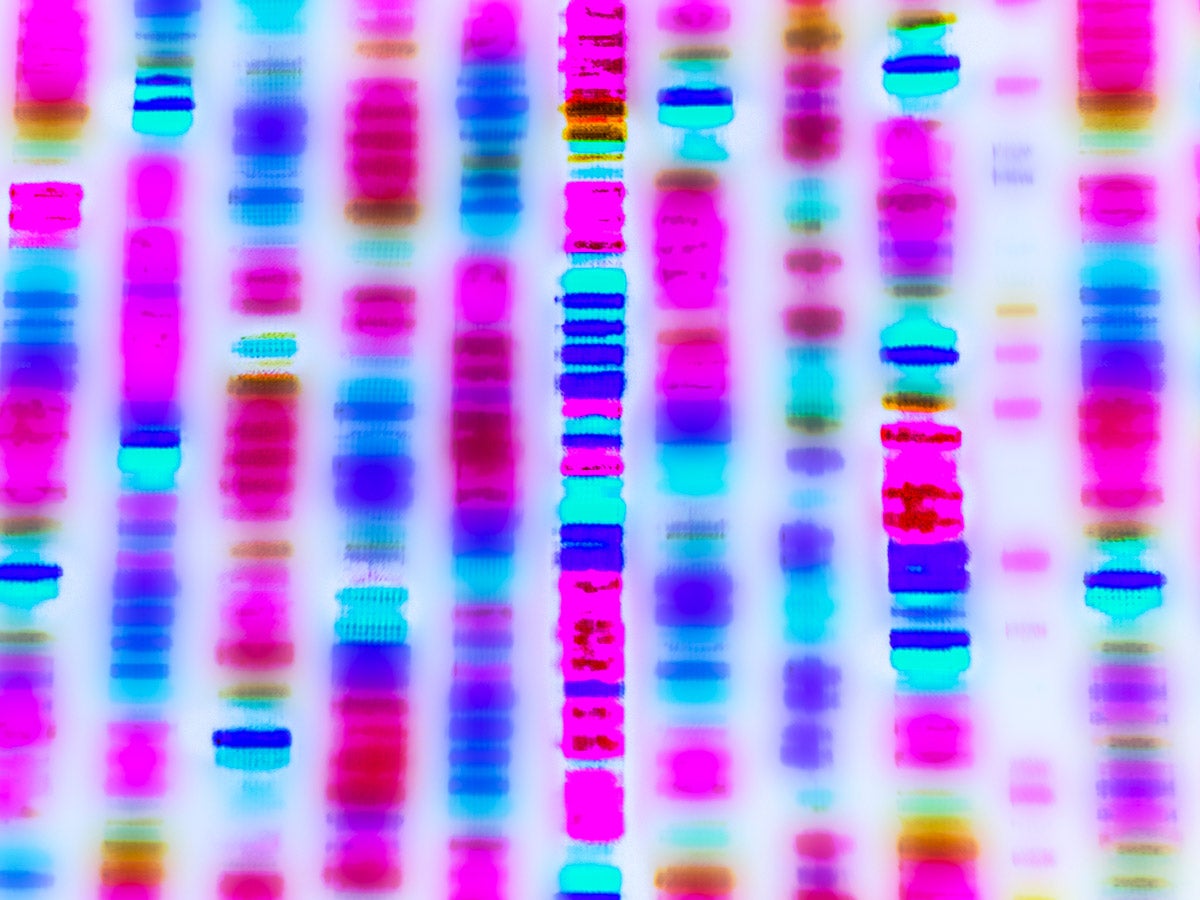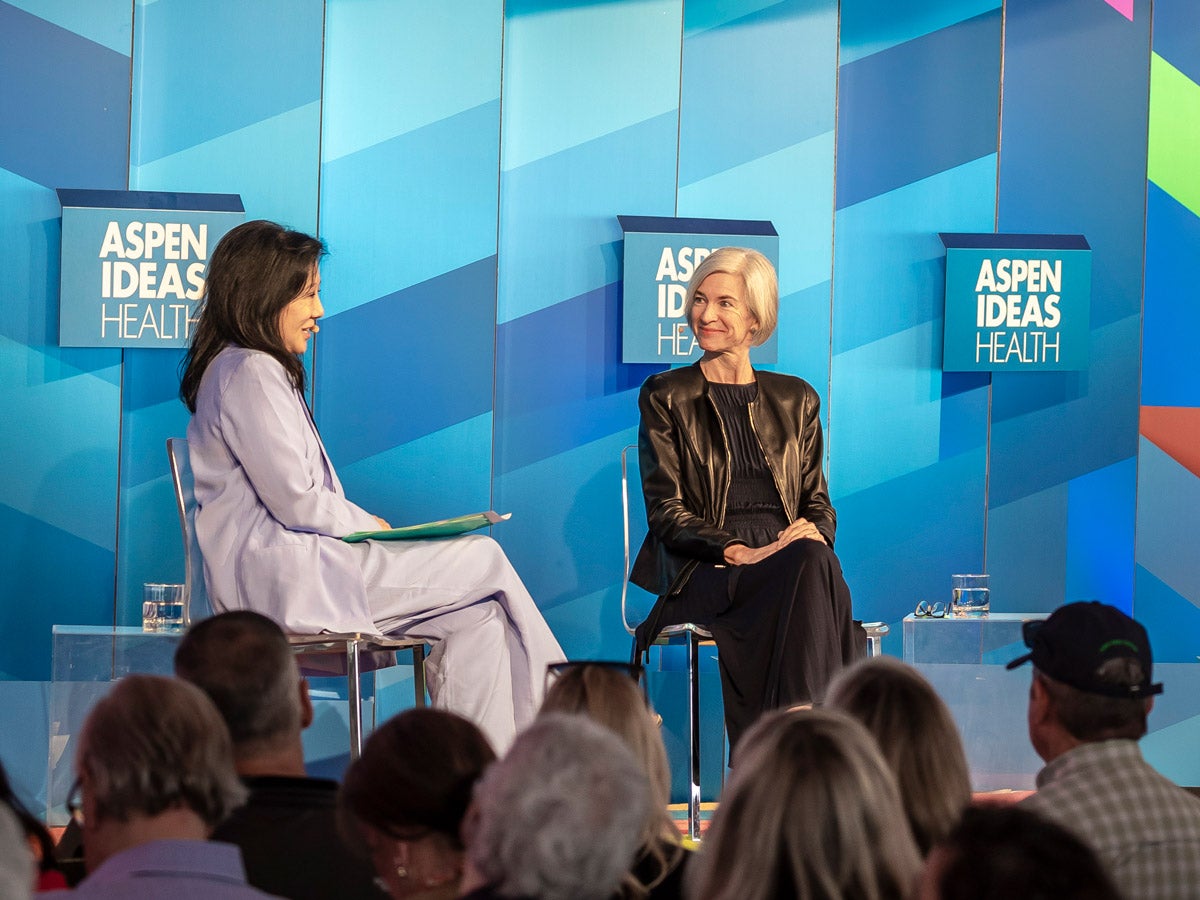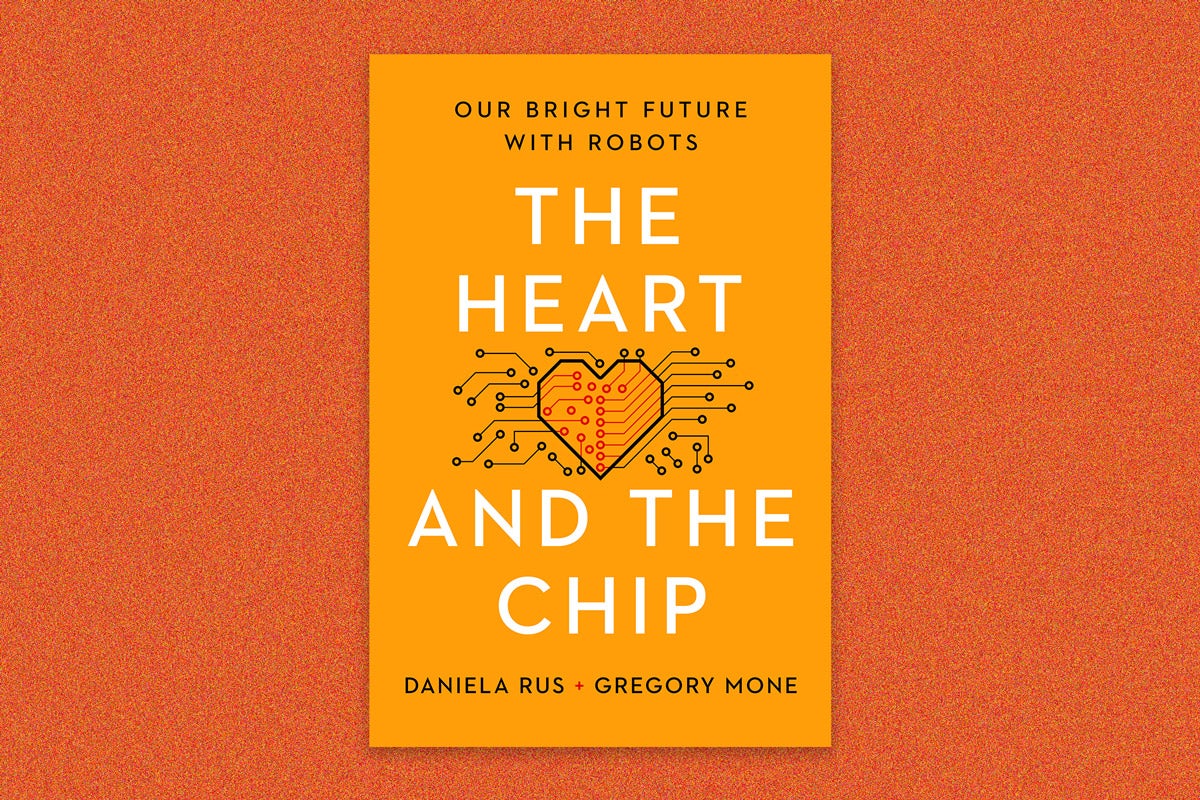
Opinion
Let’s make social media a place for health education, not misinformation
Social media platforms like TikTok and Instagram are under increasing public scrutiny for their negative impacts on health. More than 2,000 families are suing social media companies over pushing content that damages kids’ mental health.
As frontline physicians working in emergency rooms and urgent care clinics, we see social media exacerbating health anxiety and misinformation in our patients, but as health “TikTokers,” we also know social media’s potential as a health education tool. Of course, social media has been used in many ways to improve health outcomes. But social media today is a miasma, one that reminds us of mustard gas—a widely used chemical weapon during World War I.
Scientists have since transformed this deadly weapon into cyclophosphamide, a life-saving cancer treatment. We believe that toxic social media, like mustard gas, could transform from poison into medicine, and we have ideas on how to make that happen. First, let’s break down the problem.
Sign up for Harvard Public Health
Delivered to your inbox weekly.
Social media is becoming a go-to-destination for health information. About one in three Americans consult YouTube and one in five turn to TikTok to assess their symptoms before seeing their doctor. As with the internet, information on these platforms can range from accurate and helpful to misleading or downright harmful, like these examples on TikTok: “Holding in gas causes appendicitis.” “Fluoride toothpaste is poison.” “Potato juice can cure strep throat.”
Fear-mongering health content is an equally harmful consequence of social media. For the one in eight Americans who are already anxious about their health, social media’s algorithms often reinforce health anxiety. Social media feeds dish up a constant stream of anxiety-provoking content: A surgeon talking about a rare case of flesh-eating bacteria after consuming raw oysters. A man in his 20s whose persistent headache turned out to be brain cancer.
One of our TikTok followers even commented on our posts, “I see so many poor people of all ages on this app dying of stage 4 cancers.” Without her realizing it, Tiktok’s algorithms fed her more stories of dying cancer patients the more time she spent watching them.
Mass consumption of distorted health information on social media and content mill health websites can manifest as a tidal wave of patients with mild symptoms but concerned about grave conditions like cancer or stroke. “I was worried because of what I saw online,” is a familiar phrase that we hear from our patients.
For the one in eight Americans who are already anxious about their health, social media’s algorithms often reinforce health anxiety.
This is a lose-lose situation for everyone. Patients feel dismissed when their doctors appear not to take their concerns seriously. Doctors feel frustrated and helpless when they can’t reassure patients even after a full exam. Frequent messages and calls to doctors are worsening the already record levels of physician burnout.
Yet, we can convert toxic social media from mustard gas into its benign cousin cyclophosphamide, something that can help people become healthier.
Imagine a society where most people are well-informed on essential health information, know when to worry about common illnesses like a cold, back pain, or abdominal pain, and when they should just give it a few days? What if everyone knew evidence-based home treatments for common conditions like nosebleeds or ankle sprains?
That world could become real if we can get people to dedicate even a small portion of their daily social media time (an average of 2.5 hours for most people) on evidence-based and engaging health content. It’s already starting to happen. Health professionals are cutting through clouds of misinformation by sharing their expertise directly with the public. We see concise, insightful, and engaging videos on complex health topics, such as how to interpret common lab tests and what causes palpitations.
Our own videos on TikTok on topics like why ibuprofen is discouraged in elderly people and why dermatologists dislike over-the-counter antibiotics for cuts have been viewed by millions of people, more patients than we can see in multiple lifetimes.
To curtail social media’s poisonous effects, we first need more data on how social media affects our mental and physical health, including which content is most harmful or beneficial.
Second, to stop misinformation social media companies should be required to verify and display qualifications of people dispensing health information and provide disclaimers on claims when appropriate. These are required for over-the-counter medications, supplements, and drug advertisements on television. Social media should not be exempt.
Third, social media companies should be required to make it easier for their users to opt out of seeing content they find harmful. On TikTok, even when users flag content as “not interested,” studies have shown it does little to change their feed’s algorithm.
For better or worse social media is here to stay. But we can still choose whether we want it to be mustard gas or medicine.
Source illustration: Pict Rider / iStock


